As ’tis for object strange and high;
It was begotten by despair
Upon Impossibility.
Magnanimous Despair alone
Could show me so divine a thing
Where feeble hope could ne’er have flown,
But vainly flapp’d its tinsel wing.
And yet I quickly might arrive
Where my extended soul is fixt,
But fate does iron wedges drive,
And always crowds itself betwixt.
For Fate with jealous eye does see
Two perfect loves, nor lets them close;
Their union would her ruin be,
And her tyrannic pow’r depose.
And therefore her decrees of steel
Us as the distant poles have plac’d,
(Though love’s whole world on us doth wheel)
Not by themselves to be embrac’d;
Unless the giddy heaven fall,
And earth some new convulsion tear;
And, us to join, the world should all
Be cramp’d into a planisphere.
As lines, so loves oblique may well
Themselves in every angle greet;
But ours so truly parallel,
Though infinite, can never meet.
Therefore the love which us doth bind,
But Fate so enviously debars,
Is the conjunction of the mind,
And opposition of the stars.
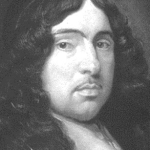

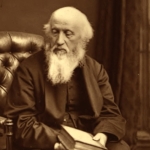
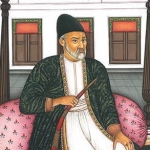
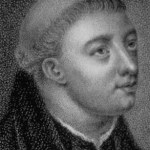






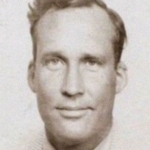

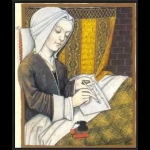

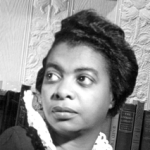





Comment form: